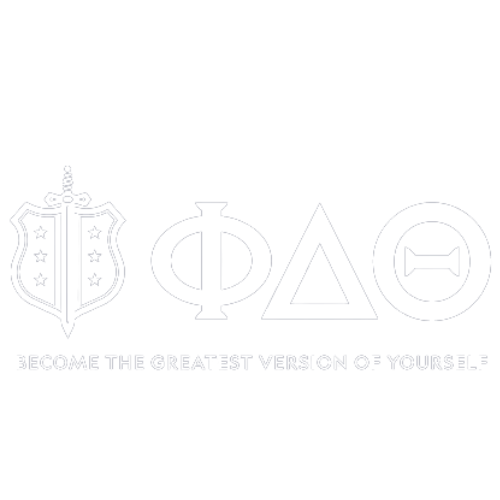FAQs
-
Phi Delta Theta is proud to be part of Northeastern’s dynamic Fraternity and Sorority Life (FSL) community, which includes over 35 organizations across four councils. With more than 3,200 students involved, FSL focuses on leadership, member development, community engagement, scholarship, and social opportunities. The Phi Delta Theta Massachusetts Epsilon Chapter is one of twelve fraternities in the IFC.
Throughout the year, Greek Life hosts major events that bring all of the chapters together such as Greek Sing (also known as Take it to the Floor). As the largest and most influential student group on campus, Greek Life also sees its members actively involved in other student organizations, including student government, athletics, and recreational clubs on campus..
Fraternity life offers a unique opportunity to build lifelong friendships, develop leadership skills, and give back to both the Northeastern and Boston communities, all while connecting with others who share similar values and goals.
-
Choosing whether or not to rush a fraternity is one of the biggest decisions a college man will make. Fraternal organizations are among the oldest traditions in higher education in the United States, created to serve the needs of their undergraduate members. Fraternities are social, academic, and service-oriented, offering a well-rounded college experience. Unlike other campus organizations, membership in a fraternity creates a lifelong bond that extends far beyond the college years
-
Membership in Phi Delta Theta consists of three phases: the potential new member (PNM) period, pledging period, and active membership.
The process begins when an individual expresses interest, either by filling out an interest form or attending tabling events. After showing interest, the individual becomes a PNM and can participate in a limited number of events to meet brothers and assess mutual fit. This period typically lasts a few weeks.
If a PNM meets our values-based criteria, such as GPA, positive interactions with brothers, and extracurricular involvement, they receive a "bid" to join. After accepting the bid, the individual becomes a Phikeia and enters a multi-week educational program to learn about the fraternity's history and principles. Upon successfully completing the program and meeting the requirements, the Phikeia is initiated as an active brother, gaining all the rights and privileges of membership.
-
Phikeia must achieve a minimum GPA of 3.0 to be initiated into Phi Delta Theta. Additionally, our chapter’s scholarship chairman provides resources such as study hours and tutoring programs to support our members. We take academics seriously and are dedicated to helping both our Brothers and Phikeia succeed, both inside and outside the classroom.

